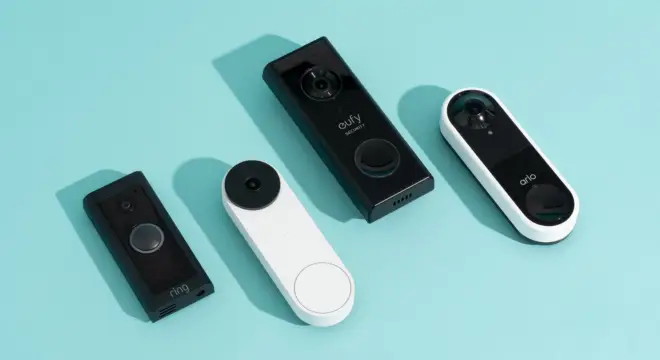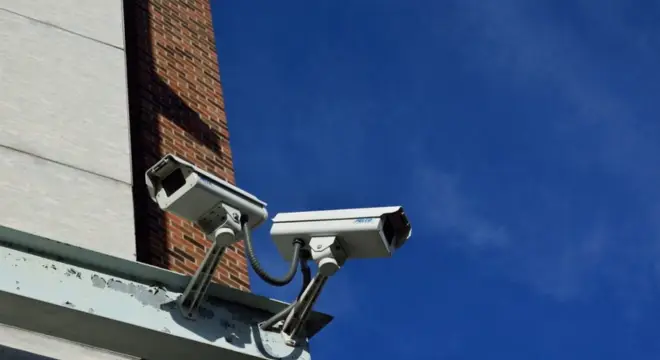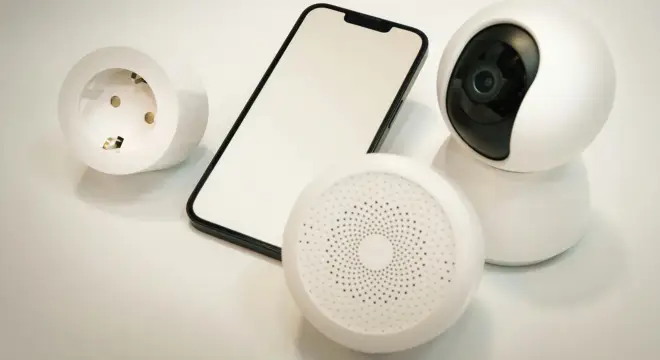The Benefits and Drawbacks of Smart Doorbell Cameras?
The idea of a doorbell camera might evoke thoughts of added security, better control, and convenience. But just how advantageous—or risky—are these devices? Let’s dive into the fascinating world of smart doorbell cameras, exploring their potential to safeguard your home and the controversies they bring.
The Game-Changing Role of Smart Doorbell Cameras
Imagine a chilling scene captured by a smart doorbell on October 18, 2024—evidence of a shocking crime. Such footage doesn’t just aid law enforcement; it showcases how technology has redefined home security. Yet, these devices come with challenges.
Do smart doorbell cameras make your home truly secure, or do they invite privacy risks? Let’s weigh the pros and cons so you can decide.
You might be wondering if similar questions have crossed your mind
- Are smart doorbell cameras truly essential?
- Have they become a must-have security feature for every home, or do they pose new privacy risks?
- And if you already have one of these devices, do you feel as secure about your home and personal data as these companies claim you should?
Let’s dive into these questions in detail. We’ll explore both the advantages and disadvantages of smart doorbell cameras, so you can decide for yourself just how beneficial this technology might be for you.
Pros Of Smart Doorbell Cameras
1. Enhanced Security with Real-Time Monitoring
Smart doorbell cameras allow homeowners to monitor their property in real time, offering peace of mind whether they’re at home or away. Advanced features like night vision ensure 24/7 surveillance, keeping your property secure even in low light.
2. Evidence Collection for Law Enforcement
Recorded footage can serve as critical evidence in criminal cases, helping law enforcement identify suspects and reconstruct events. This feature adds a legal layer of protection to homeowners.
3. Convenience of Remote Access
With mobile apps, users can check live footage, receive instant alerts, and even communicate with visitors using two-way audio. This is particularly useful for managing deliveries or verifying visitors without opening the door.
4. Deterrence of Criminal Activity
The visible presence of a camera discourages potential intruders, as it signals active monitoring. Studies have shown that homes equipped with security cameras experience fewer break-ins.
5. Customizable and User-Friendly Features
Many devices allow for custom settings, such as sensitivity adjustment for motion detection. Their easy integration with smart home systems adds to their appeal.

Cons of smart doorbell cameras
1. Privacy Infringement
These devices can inadvertently capture footage of neighbors, delivery personnel, or passersby, leading to ethical concerns and possible legal implications over privacy violations.
2. Cybersecurity Vulnerabilities
Without strong encryption and regular updates, smart cameras are vulnerable to hacking. Compromised devices can expose sensitive footage, potentially endangering users.
3. High Cost of Ownership
Premium devices come with significant upfront costs, and ongoing expenses like cloud storage subscriptions can add up over time, making them less accessible to budget-conscious homeowners.
4. Frequent False Alerts
Motion sensors can be overly sensitive, triggering notifications for harmless movements such as pets, leaves, or passing vehicles. This can lead to “notification fatigue,” where users may start ignoring alerts.
5. Blind Spots and Limited Coverage
Despite their effectiveness, most doorbell cameras have a limited field of view. To cover blind spots, additional cameras may be necessary, increasing both complexity and cost.
Conclusion
Smart doorbell cameras balance security and convenience with notable challenges. They can act as your eyes and ears but also raise critical questions about privacy and costs. Ultimately, the choice is yours—are you ready to welcome this tech into your life? For further insights into camera technology, check out Sight Sensor Cameras.


